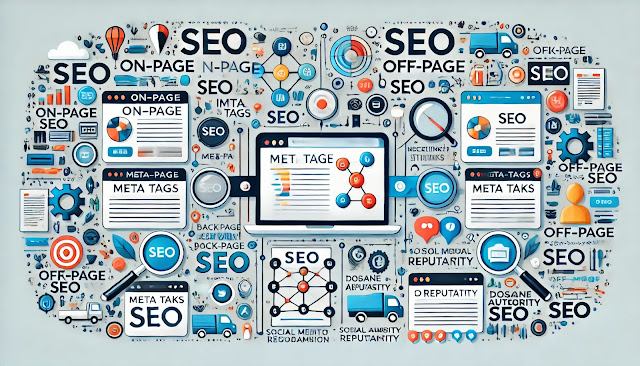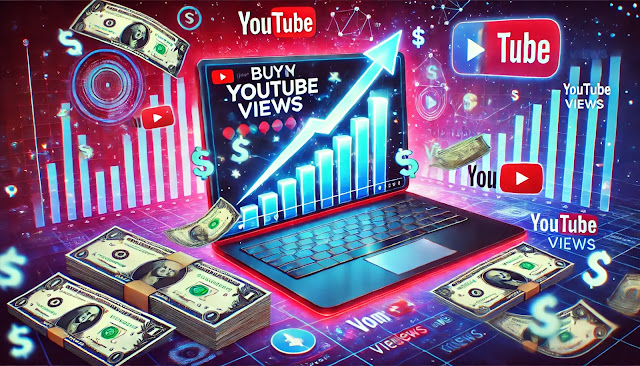The Difference Between On-Page and Off-Page SEO
The Difference Between On-Page and Off-Page SEO (And How to Crush Both)
You’re here because you want traffic. Real, consistent, buying traffic. But SEO feels like a maze—on-page, off-page, backlinks, meta tags… what actually moves the needle?
Let’s cut the fluff. I’ll break down on-page vs. off-page SEO in plain English, so you know exactly where to focus.
What’s the Difference Between On-Page and Off-Page SEO?
On-page SEO = Everything on your website. Off-page SEO = Everything off your website.
Simple, right? Now, let’s dive deeper.
On-Page SEO: Optimizing Your Website for Both Google and Humans
This is where you control the game. If your on-page SEO sucks, no amount of backlinks will save you.
Key On-Page SEO Factors
Keyword Optimization
Use your main keyword in:
Title tag (H1)
URL
First 100 words
Subheadings (H2, H3)
But don’t stuff it—Google hates that.
Content Quality
Long-form content (1,500+ words) ranks better.
Answer user intent—solve their problem better than anyone else.
Use bullet points, bold text, and short paragraphs (like this).
Technical SEO
Page speed (use Google PageSpeed Insights)
Mobile-friendly design
Internal linking (link to other pages on your site)
Meta Descriptions & Title Tags
Write click-worthy titles (under 60 characters).
Meta descriptions should be clear + action-driven (under 160 chars).
Off-Page SEO: Building Authority Outside Your Website
This is where most people fail. You can have perfect on-page SEO, but if nobody links to you, Google won’t care.
Key Off-Page SEO Factors
Backlinks (The #1 Ranking Factor)
High-authority sites linking to you = trust signal for Google.
How to get backlinks:
Guest posting (write for other blogs)
Broken link building (find dead links & suggest your content)
HARO (Help a Reporter Out) – Get featured in news articles.
Social Signals
Shares on Twitter, LinkedIn, Facebook don’t directly boost rankings, but they drive traffic, which helps.
Want more YouTube views/subscribers? Promote your videos on platforms like:
Mediageneous (Great for social media growth)
Brand Mentions
Even if a site doesn’t link to you, just mentioning your brand can help.
Tools like Google Alerts track these mentions.
Local SEO (If You Have a Business)
Google My Business optimization
Local citations (get listed on directories like Yelp)
FAQs About On-Page vs. Off-Page SEO
1. Which is more important—on-page or off-page SEO?
Both. But fix on-page first. No point in driving traffic to a broken site.
2. How many backlinks do I need to rank?
Quality > Quantity. One link from Forbes beats 100 spammy links.
3. Does social media affect SEO?
Indirectly. More shares = more traffic = more potential backlinks.
4. How long does SEO take to work?
3-6 months for most sites. But consistent effort wins.
Final Thoughts: Stop Overcomplicating SEO
On-page SEO = Fix your house before inviting guests.
Off-page SEO = Get others to vouch for you.
Do both, and you’ll dominate search rankings.
Want a shortcut for social media growth? Check out Mediageneous to boost your YouTube, Instagram, or TikTok fast.
Now go optimize, build links, and crush it. 🚀




Comments
Post a Comment